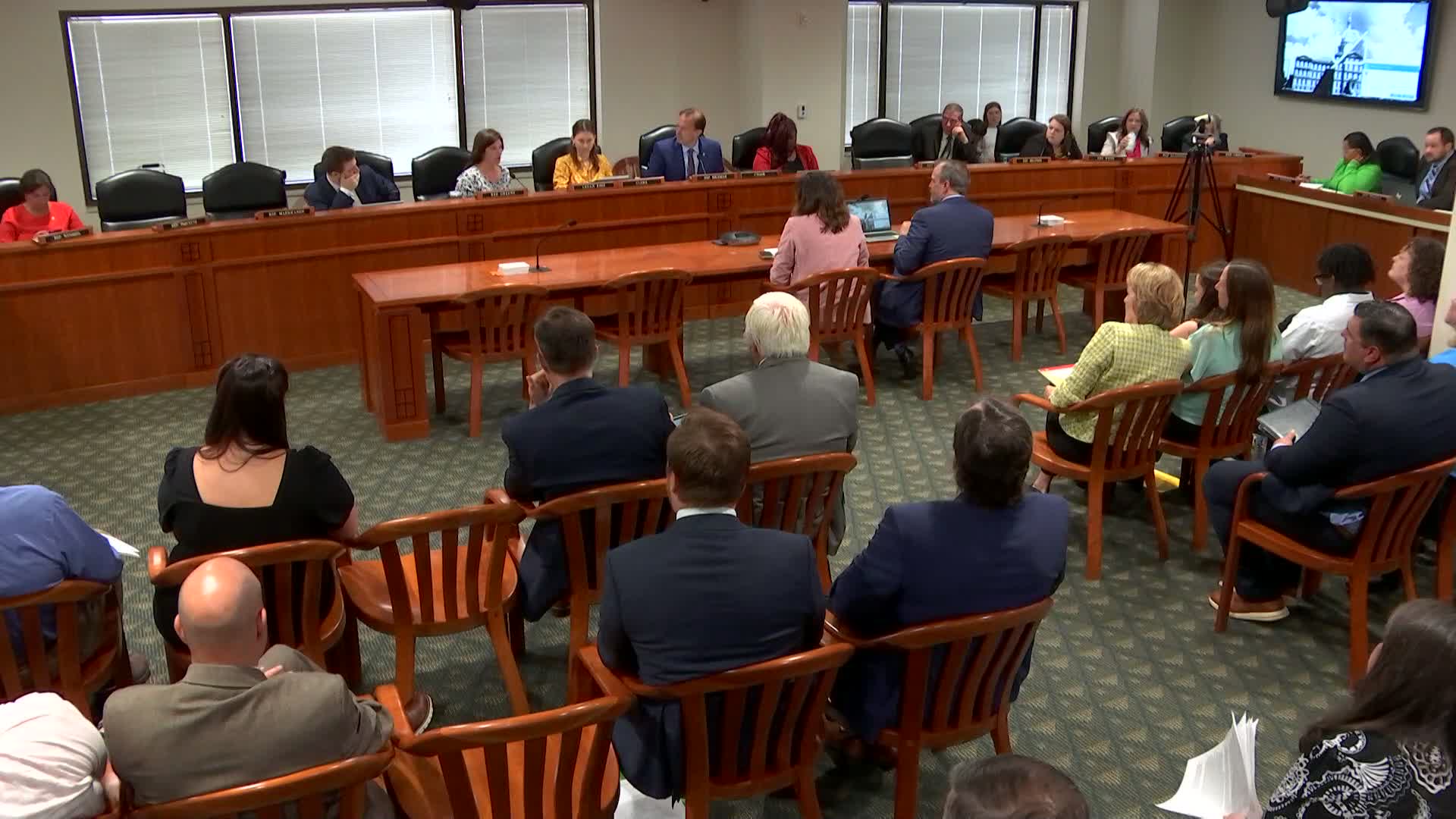Michigan pushes groundbreaking literacy reforms to combat dyslexia
June 04, 2024 | Education, Boards and Commissions, Organizations , Executive, Michigan

This article was created by AI summarizing key points discussed. AI makes mistakes, so for full details and context, please refer to the video of the full meeting. Please report any errors so we can fix them. Report an error »

In a recent government meeting, Michigan lawmakers discussed significant reforms aimed at improving literacy education across the state, particularly focusing on dyslexia support. The proposed legislation, often referred to as the \"dyslexia bill,\" aims to fundamentally change reading instruction methods in Michigan schools, addressing the state's historically low literacy rates.
One key speaker emphasized the importance of phonemic awareness in teaching reading, citing personal experiences with dyslexia in her own children. She argued that the proposed changes are essential for establishing a solid foundation in reading, which is critical for improving overall educational outcomes. The speaker highlighted that the bill includes specific requirements for literacy coaches, ensuring they focus solely on literacy rather than administrative duties.
The Michigan Department of Education (MDE) representatives also provided testimony, underscoring the need for enhanced literacy support systems. They expressed gratitude for legislative funding aimed at literacy coaching and professional development, which they believe are vital for helping educators implement evidence-based instructional strategies. The MDE officials supported the proposed bills as necessary steps to improve literacy achievement and to better identify and support students with dyslexia.
The meeting concluded with a call for collaboration among educators, families, and communities to foster a culture of reading and ensure that all students can reach their full literacy potential. The legislators and education officials acknowledged that while progress is being made, more work is needed to elevate Michigan's literacy rates and support students effectively.
One key speaker emphasized the importance of phonemic awareness in teaching reading, citing personal experiences with dyslexia in her own children. She argued that the proposed changes are essential for establishing a solid foundation in reading, which is critical for improving overall educational outcomes. The speaker highlighted that the bill includes specific requirements for literacy coaches, ensuring they focus solely on literacy rather than administrative duties.
The Michigan Department of Education (MDE) representatives also provided testimony, underscoring the need for enhanced literacy support systems. They expressed gratitude for legislative funding aimed at literacy coaching and professional development, which they believe are vital for helping educators implement evidence-based instructional strategies. The MDE officials supported the proposed bills as necessary steps to improve literacy achievement and to better identify and support students with dyslexia.
The meeting concluded with a call for collaboration among educators, families, and communities to foster a culture of reading and ensure that all students can reach their full literacy potential. The legislators and education officials acknowledged that while progress is being made, more work is needed to elevate Michigan's literacy rates and support students effectively.
View full meeting
This article is based on a recent meeting—watch the full video and explore the complete transcript for deeper insights into the discussion.
View full meeting
